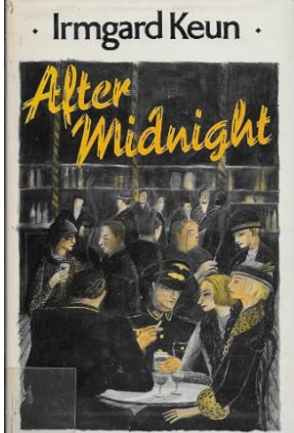Professor Gina Walker - The Invention of Female Biography
Professor Gina Walker - The Invention of Female Biography (United Kingdom & USA: Routledge, 2018).
In 2021 I attended a conference presentation by Professor Gina Walker of the New School of Public Engagement in New York. Her abridged biography on the institute’s website says:
Gina Luria Walker is an intellectual historian who investigates alternatives to traditional accounts of the past. She is the Director of The Center for The New Historia, recently launched at The New School, whose mission is to present authoritative, multidisciplinary scholarship on women’s contributions to society, to broadcast these stories on a pioneering, interactive platform and at public events, and to reveal an alternative history that values the roles women have always played in human endeavors. Dr. Walker is a pioneer in the global project of feminist historical recovery of earlier women…She is the Editor of the Chawton House Library edition of Female Biography (1803) by Mary Hays, a six-volume work documenting the lives of 302 active, learned, and rebellious women, which Jane Austen is known to have read and may have used in writing her novels. To produce the new edition, Dr. Walker assembled an international team of 164 scholars, representing 116 institutions in eighteen countries.
In that presentation, she showed a graphic of data visualising the connections between women writers of the past, which inspired me to play with data visualisation of texts, both in terms of close readings and distant readings. These can create schemas and metadata in quickly impressionable texts. Through visualising metadata, we can discover networks and convergences.
I am heartened by her feminist project to secure posterity for earlier women as a complex and collaborative project of recovery. She notes that women come to us under organising principles of men or not at all. She advocates for the development of knowledge ordering systems that recreate lost knowledge and the experiences of women because they structure and support ideological assumptions about what we value. By promoting women's voices from the past, present, and future, there is potential to increase women's epistemological knowledge in all fields. New accounts of women's knowledge production are necessary for her project. My project aims to accomplish this, and it does so through songs, texts, and textiles.
Her presentation introduced me to Christine de Pizan’s The Book of the City of Ladies, produced in France in 1405, in which she writes of 36 women in Part 1, 92 in Part 2 and 37 in Part 3 using a framing device of her conversations with the three virtues personified as Ladies Reason, Rectitude, and Justice, and brings the named women into the city, which is the book. It is interesting both in form and content, as well as a work of restoration.



Comments
Post a Comment